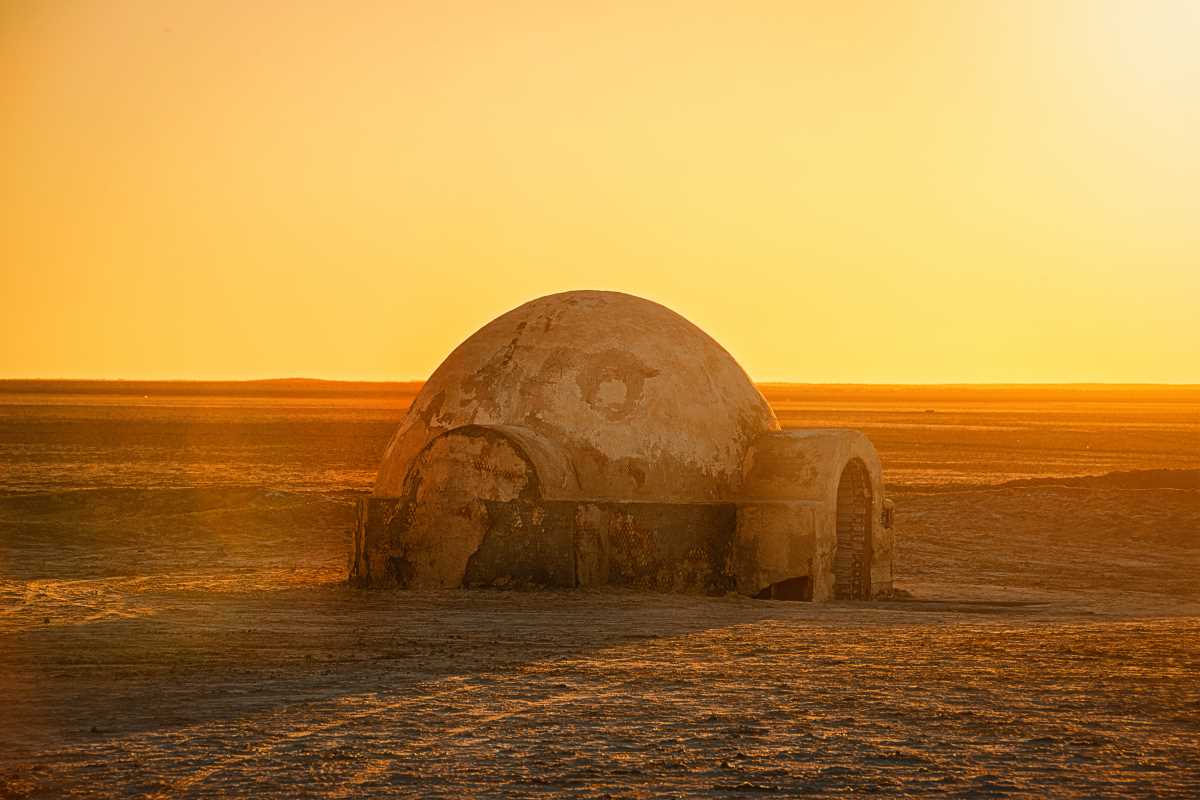Movies have a powerful effect on our emotions, and much of this impact can be attributed to the music in the films. The emotional impact of music in movies is undeniable, creating tension, excitement, sadness, joy, and fear, among other emotions. Let's delve into the ways in which music enhances the emotional experience of film.
The Role of Music in Establishing Mood and Atmosphere
Music plays a crucial role in setting the tone for a film. The mood and atmosphere of a scene can be drastically altered by the choice of music. For example, a scene that is meant to evoke suspense and tension may be accompanied by ominous, discordant music. In contrast, a romantic scene may feature a soft, melodic score to enhance the emotional connection between the characters and the audience. The right choice of music can transport viewers to different worlds and enhance the overall viewing experience.
Enhancing Emotional Resonance and Empathy
One of the most significant ways in which music impacts film is by intensifying emotional resonance and fostering empathy with the characters. A poignant piece of music can evoke deep feelings of sadness or joy, allowing viewers to connect more deeply with the story and characters on screen. By heightening the emotional experience, music in film can create a lasting impact on the audience and evoke powerful emotions that stay with them long after the movie ends.
Creating Memorable Moments and Iconic Scores
Music has the ability to elevate key moments in a film and transform them into iconic scenes that are remembered for years to come. Think of the chilling theme from "Jaws" or the epic score from "Star Wars" - these iconic pieces of music have become synonymous with the films themselves. A well-crafted soundtrack can enhance the emotional impact of a scene, making it more memorable and impactful for viewers.
Building Tension and Excitement
Music is also instrumental in building tension and excitement in films. A suspenseful scene can be made even more heart-pounding with the addition of a pulsating soundtrack, while an action sequence can be elevated to new heights with a fast-paced, adrenaline-pumping score. By creating a sense of anticipation and intensity, music in film keeps viewers on the edge of their seats and adds an extra layer of excitement to the viewing experience.
Eliciting Nostalgia and Evoking Memories
Music has the power to evoke nostalgia and transport viewers back in time. By using familiar tunes or creating new compositions that harken back to a specific era, filmmakers can evoke memories and emotions that resonate with audiences on a personal level. Whether it's a song from a character's past or a musical motif that recurs throughout the film, music can add depth and meaning to the storytelling and create a sense of nostalgia that resonates with viewers.
In conclusion, the emotional impact of music in film is a powerful tool that filmmakers use to enhance the viewing experience and connect with audiences on a deeper level. From establishing mood and atmosphere to building tension and excitement, music plays a vital role in shaping the emotional resonance of a film. By choosing the right music, filmmakers can create unforgettable moments that stay with viewers long after the credits roll.
(Featured image via Lucasfilm)
